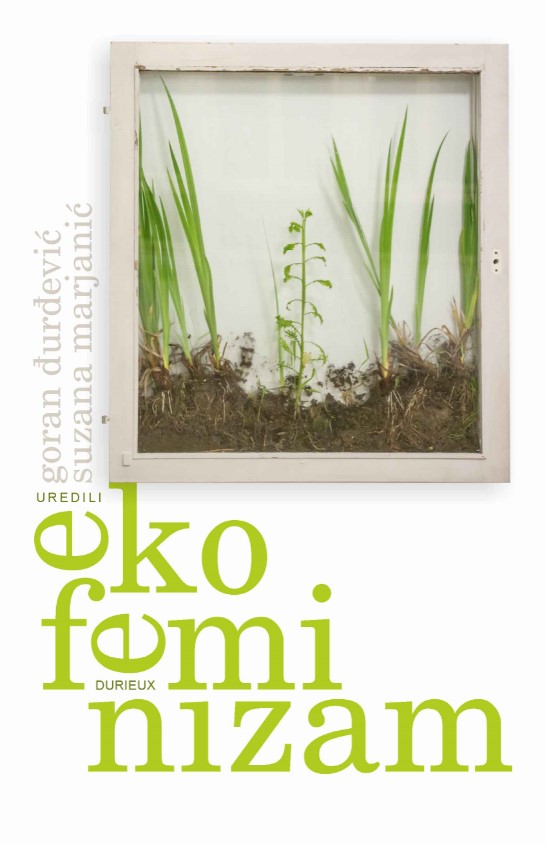(Ne)vidljivi okoliši: problem klimatske (ne)pravde u klimatskoj fikciji
(In)visible Environments: The problem of climate (in)justice in climate fiction
Author(s): Marijeta Bradić
Subject(s): Energy and Environmental Studies, Environmental and Energy policy, Human Ecology, Political Ecology, Environmental interactions, Theory of Literature
Published by: Durieux
Keywords: climate justice; climate fiction; environmental justice ecocriticism; slow violence; gender;
Summary/Abstract: This paper addresses the problem of representation of climate change in literature, through the prism of environmental and climate justice as movements emerging from certain limitations of climate sciences that are approaching climate change from a political and ethical perspective. The movements of environmental and climate justice are based on the assumption that world’s most politically and economically powerful nations function in a way that enables them to maintain their own high consumption levels while shifting the ecological burdens onto less developed countries. In other words, those who contribute the least to the pollution of the environment will be affected the most by the ecological crisis. In the context of climate change, injustice is manifested within marginalised groups, including women who are particularly vulnerable to the consequences of environmental pollution and ecological catastrophes. Although these movements are politically oriented, they can also be seen as cultural movements focused on the questions of ideology and representation, as shown in contemporary literature and literary criticism (Sze 2002). In this sense, the common place in contemporary theory is that literary texts could be useful for establishing communication between climate science and general public (Ghosh 2016; Mehnert 2016; Trexler 2015). Following this assumption, the text will analyze Helen Simpsons’ Diary of an Interesting Year as an example of how contemporary literary production can effectively present abstract and hardly visible climate issues and thus contribute to climate justice discussions.
Book: Ekofeminizam
- Page Range: 307-324
- Page Count: 18
- Publication Year: 2020
- Language: Croatian
- Content File-PDF

